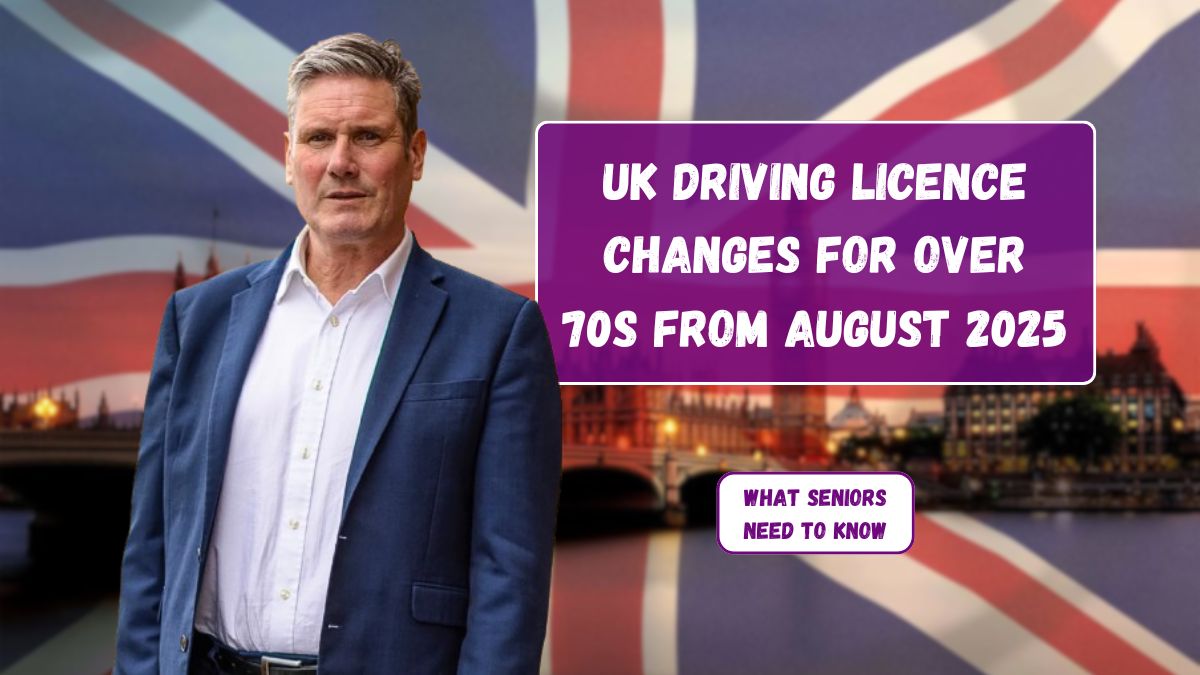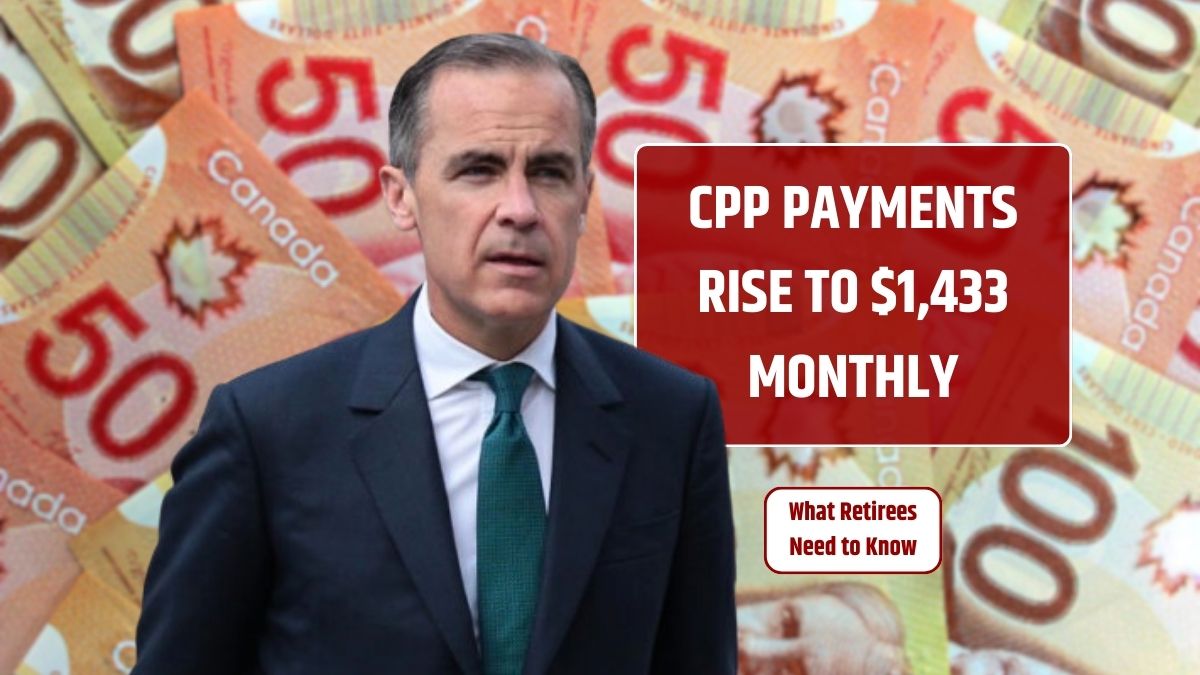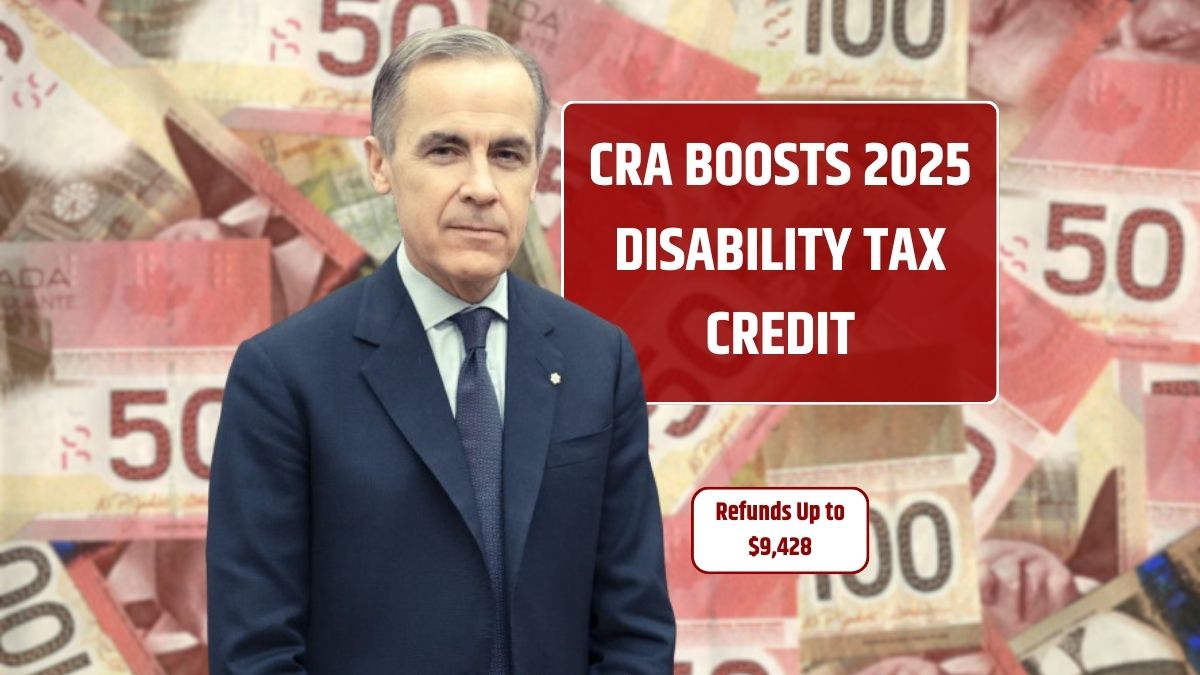If you’re 70 or older—or getting close—there’s a big update coming your way. Starting August 2025, new UK driving licence rules for seniors will go into effect. These changes are designed to balance road safety with driver independence, especially as the number of elderly drivers continues to rise.
Don’t worry—this doesn’t mean your driving days are over. But you may need to jump through a few more hoops when it comes time to renew.
Changes
Right now, drivers aged 70 and over renew their licence every 3 years by simply self-certifying they’re fit to drive. But from August 2025, the rules are tightening up.
Here’s what’s changing:
- Medical declarations signed by a GP or health professional may be required
- Some seniors may be asked to undergo vision or cognitive tests
- Random health screenings could be conducted by the DVLA
- Licence renewals may include restrictions like daytime-only driving
This isn’t about targeting seniors—it’s about making sure everyone stays safe on the road, including older drivers themselves.
Overview
Here’s a quick summary of the upcoming rule changes:
| Category | Details |
|---|---|
| Effective Date | August 2025 |
| Age Group Affected | Drivers aged 70 and over |
| Renewal Frequency | Every 3 years |
| New Requirement | GP-signed medical declaration may be needed |
| Vision/Cognitive Tests | For high-risk or randomly selected drivers |
| Possible Restrictions | Daytime driving, distance limits, etc. |
| Renewal Cost | Free, but medical appointments may cost |
| Administered By | DVLA (Driver and Vehicle Licensing Agency) |
Numbers
The number of senior drivers is growing fast. As of 2023, nearly 600 drivers over the age of 100 still held valid UK driving licences. That’s three times more than a decade ago.
While many seniors are still confident, safe drivers, age-related issues like slower reflexes or vision problems are becoming more common—and that’s why the DVLA is stepping in with extra checks.
Renewal
If you’re 70 or older, you’ll still renew every 3 years, but the process could take longer. Here’s what’s new:
- Medical Declarations: You may need a letter from your GP stating you’re fit to drive
- Vision and Cognitive Tests: If flagged, you’ll be required to take extra health tests
- Random DVLA Checks: Even without symptoms, you might be selected for review
So, it’s a good idea to start your renewal paperwork early—don’t wait until the last minute.
Purpose
Why all the changes? The government wants to:
- Reduce accidents linked to undiagnosed health issues
- Encourage older drivers to get regular check-ups
- Boost public trust in senior drivers’ safety
- Create custom driving conditions where needed
This isn’t about stopping people from driving—it’s about making sure drivers are healthy enough to stay on the road.
Impact
For most seniors, this won’t mean giving up driving. Instead, it’ll involve:
- Attending medical or eye appointments
- Following DVLA restrictions (if any)
- Taking responsibility for personal driving health
Although licence renewals are still free, costs for medical checks or optician visits will likely fall on the individual.
It’s also a good idea for families to help out. Whether it’s booking appointments or discussing safety, support from loved ones can go a long way.
Preparation
Want to make sure you’re ready? Here’s how to stay ahead of the game:
- Book early: Schedule GP or eye exams in advance
- Follow DVLA updates: Stay informed about policy changes
- Check yourself: Notice signs like delayed reactions or discomfort while driving
- Talk with family: They can offer support and honest feedback
- Drive smart: Avoid poor weather, night driving, or fatigue
Being proactive will help keep you on the road—safely and confidently.
FAQs
What age do these rules apply to?
Drivers aged 70 and over are affected by the new rules.
Is retaking the driving test required?
No, but medical declarations and tests may be needed.
Do I need to pay to renew my licence?
Renewals are free, but GP or eye tests may cost money.
When do the changes begin?
The new rules take effect from August 2025.
Can the DVLA randomly test me?
Yes, even without a known condition, checks may occur.























